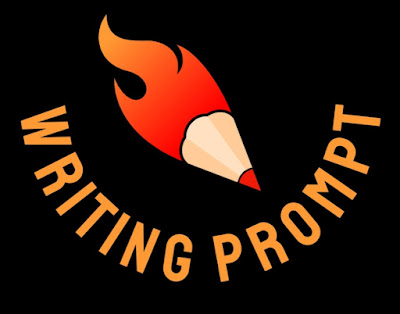iUniverse: Empowering Authors on Their Publishing Journey
by Olivia Salter
iUniverse, founded in October 1999, is an American self-publishing company based in Bloomington, Indiana. As an assisted self-publishing platform, iUniverse empowers aspiring authors to transform their manuscripts into professionally published books. With a commitment to quality service and professional editorial standards, iUniverse has helped thousands of authors achieve their publishing goals.
The iUniverse Difference
Editorial Excellence
At the heart of iUniverse lies top-notch editorial services. Authors receive a thorough Editorial Evaluation that identifies areas for improvement and strengthens their manuscripts. Whether it’s copyediting, proofreading, or developmental editing, iUniverse ensures that each book reaches its highest potential. Our editorial team works closely with authors to enhance their unique voice and storytelling.
Recognition and Promotion
Quality books deserve recognition. iUniverse’s Editor’s Choice program selects exemplary titles based on editorial quality. These chosen books receive additional promotion to agents, booksellers, and media, highlighting their excellence. We believe that every author’s work deserves attention, and our recognition program helps achieve that goal.
Customized Publishing Packages
iUniverse offers a range of publishing packages designed to meet authors’ diverse needs. Each package guarantees one-on-one author support throughout the self-publishing journey. Here are some key features of our packages:
Editorial Services: From manuscript evaluation to copyediting, we provide comprehensive editorial support.
Design and Layout: Our professional designers create eye-catching book interiors and covers.
Marketing Tools: Authors can access marketing services, including book reviews, social media promotion, and more.
Distribution: iUniverse ensures that your book is available to readers globally through online retailers and bookstores.
Author Success Stories
Terry Hawkins: “Why Wait to Be Great?”
Terry Hawkins, author of Why Wait to Be Great?, found the editing process transformative. “I was challenged to rethink how I had formatted some of the content in my book,” she says. iUniverse’s editorial guidance helped her create a polished and impactful book...
Julie Hockley: “Crow’s Row”
Julie Hockley, author of Crow’s Row, appreciated iUniverse’s support. “There’s so much to know about the publishing industry,” she says. “That’s what was so wonderful about iUniverse.” From marketing to editing, iUniverse guided her through the complexities of self-publishing..
In conclusion, iUniverse continues to be a beacon for authors seeking professional self-publishing services. Whether you’re a first-time writer or an experienced author, iUniverse provides the tools, expertise, and recognition to make your book a success. Join the world of iUniverse and turn your manuscript into a professionally publishimg book available to readers around the globe.
Learn more about iUniverse: Visit iUniverse
Disclaimer: This article is for informational purposes only and does not constitute professional advice. Always consult with a qualified professional before making any publishing decision.








